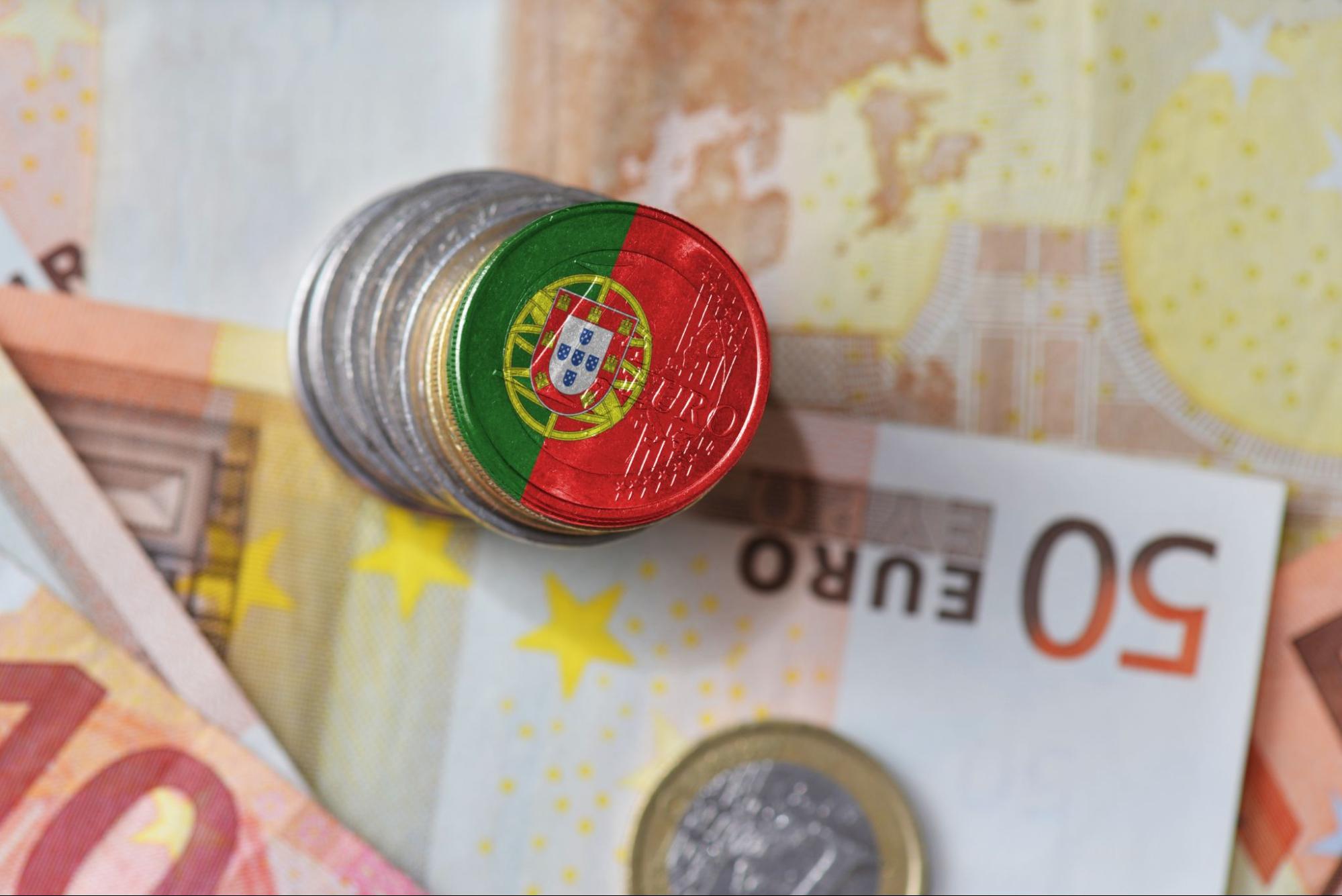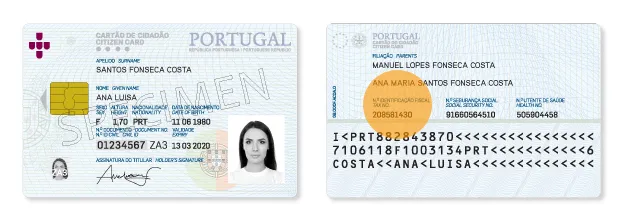The Step-by-Step Guide to Buying Property in Portugal
Whether you’re looking for a rental property, a holiday home, or a permanent residence, purchasing a property in Portugal can be a good investment. Still, navigating the process calls for thorough preparation and knowledge of Portuguese real estate rules.
Define your goals and budget.
Identify how you plan to use your property - as a vacation home, rental investment, or retirement community residence - before you start your search. Set up a comprehensive budget that covers both the price of the property and extra expenses including taxes, legal fees, and routine maintenance costs. Should you decide to use a mortgage to finance your property purchase you need to investigate all your funding alternatives to make certain you have a reliable plan.

Select the right area
Selecting the appropriate location in Portugal requires an assessment of your investment goals and personal lifestyle choices. The cities of Lisbon and Porto combine active urban settings and robust rental markets which attract investors targeting high yields and people who love city living. Retirees and buyers of holiday homes find the Algarve ideal because it combines a mild climate with a stunning coastline which supports a relaxed Mediterranean lifestyle. The Silver Coast alongside Central Portugal offers affordable picturesque properties including rural and beachfront choices which deliver outstanding value for money. Whether you're in the market for an investment opportunity, a vacation home, or a permanent residence, Portugal has many different options to suit every need.
Find a Buyer’s Agent
For the third step in your property journey you need to hire a real estate agent who provides expert guidance and local market knowledge. A professional Buyer’s Agent will assist you in locating properties that suit your particular needs whether you seek a primary residence, investment property, or vacation home. They will manage administrative and legal obligations to guarantee local regulation compliance while simplifying the property acquisition process. A seasoned professional will conduct negotiations for you which will result in the best possible terms and pricing thus maximizing value and steering clear of typical mistakes. Working with an experienced real estate professional guarantees a smooth and hassle-free property acquisition in Portugal. Usually Buyer’s Agents are free as they share the sales commission with the Seller’s agent so it means peace of mind for you at no additional cost.
Get a Portuguese NIF
Anyone who wants to purchase real estate in Portugal or open a bank account needs a Número de Identificação Fiscal (NIF)s. The tax identification number serves as a mandatory requirement for the majority of financial and legal dealings within the nation. You have the option to apply for a NIF directly at Finanças or use a lawyer's services if you don't live in Portugal. The process requires non-EU residents to appoint a legal representative for completion. Purchasing property and managing financial transactions in Portugal becomes easier when you obtain your NIF number early during your search otherwise you may be rushed at the end and potentially miss a great deal because someone else already has everything in order before they made their bid.
Open a Bank Account
The next step is to open a bank account. While somewhat optional, this step is highly recommended because it allows you to pay for all the taxes upon deed and bills moving forward with ease. Some utility companies for example only work with local bank accounts. The due diligence process for opening a bank account can take up to several months, so best to get started on this ASAP. Life the NIF number, you can open a bank account in person but if you are not local you can utilize the services of a lawyer to assist you in the process of opening your bank account.
Get a mortgage
For those who are not paying in cash for a property, you’ll need to contact lenders who can assist you. Getting a mortgage as a foreigner is about as easy as getting one as a resident, you just need to pay a higher deposit of 30% as a non-resident instead of 10% as a resident. The bank will require documents like a credit background check, tax returns, proof of income, and a report/survey for the property you’re looking at.

Legal checks and due diligence.
In Portugal there can be issues when it comes to purchasing property that don’t exist elsewhere. For example, inheritance laws automatically transfer property to ALL the children of the owners which can create problems if some siblings want to sell and others don’t. You’ll need to get approval from all of them prior to obtaining the deed.
Hiring a lawyer at this point is recommended because they can examine the property titles and ownership as well as look into an debts that may be owned by the owners that you don’t wish to inherit upon purchase, and insure that the property that was built follows zoning regulations and doesn’t have any illegal components, which is common in Portugal.
Sign the Promissory Contract (CPCV)
The Contrato de Promessa de Compra and Venda - CPCV outlines all the details of the property transaction such as how much of a deposit is given, when the final payment and deed will be completed, if the furniture is included, what repairs need to take place, etc. Once an agreement is signed and the deposit is made, this agreement is then legally binding.
Usually between 10 and 30 percent of the buying price is a deposit needed. Should the buyer pull out, the deposit is lost; should the seller back out, the buyer has to reimburse double the original sum.
Complete the purchase with the Escritura, or deed of sale
The remaining funds are paid after the deed, Escritura de Compra e Venda, is signed in a notary office. Before registering the property in your name, the notary guarantees all formalities are satisfied.
Register the property and pay taxes.
Two things in life are certain, death and taxes, and buying a property is no different. Once deed is completed you are immediately required to register the property at the Tax Office (Finanças) and the Land Registry Office (Conservatória do Registo Predial).
Property Transfer Tax, IMT, varies depending on location and price.
Usually equal 0.8% of the purchase price, Stamp Duty (Imposto de Selo)
Ranges in annual property tax (IMI - Imposto Municipal sobre Imóveis) from 0.3% to 0.8%
Utilities & Insurance
Once your property is all in your name, the last step is to turn on the electricity, water, gas, internet, etc. If you’re getting a mortgage, the mortgage company will require you to get insurance but if it’s a cash deal then it’s recommended but optional. Keep in mind that the banks typically have insurance that is significantly overpriced, so it’s better to look for third parties to get better rates.
Congratulations! You’re now the proud owner of your new property! You can look for property management companies to assist you in renting it, or start making the move to relocate yourself permanently to sunny Portugal and into your new home.










 Yield for this property is over 5%
Yield for this property is over 5% Yield for this property is 3-5%
Yield for this property is 3-5% Yield for this property is below 3%
Yield for this property is below 3%










